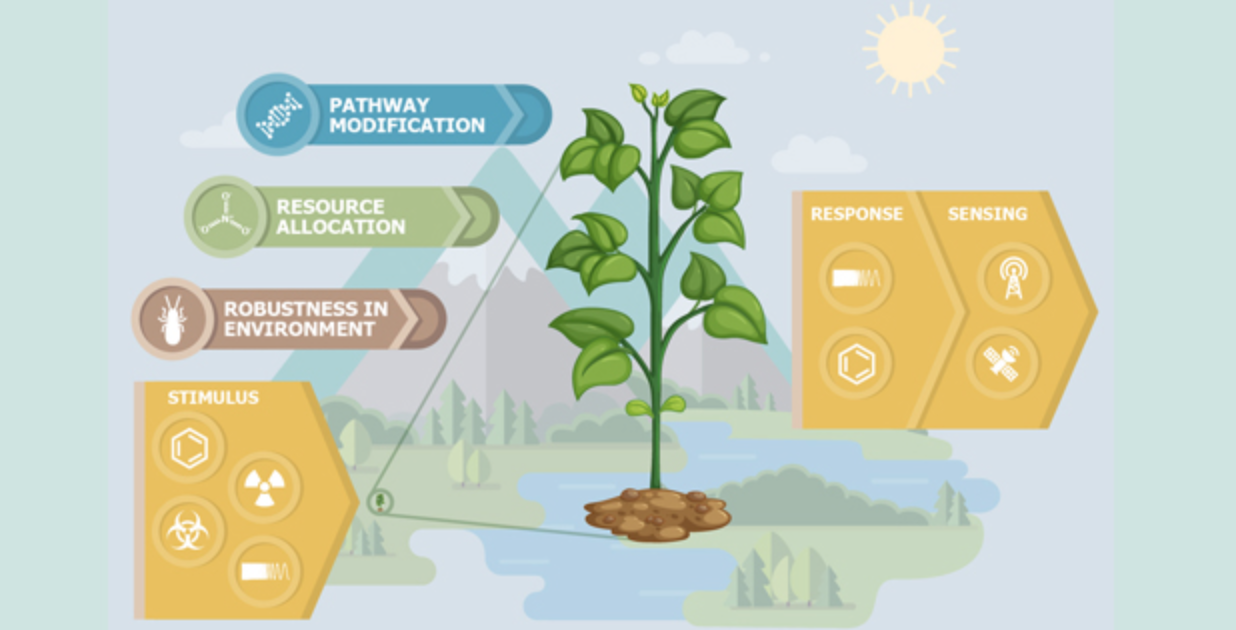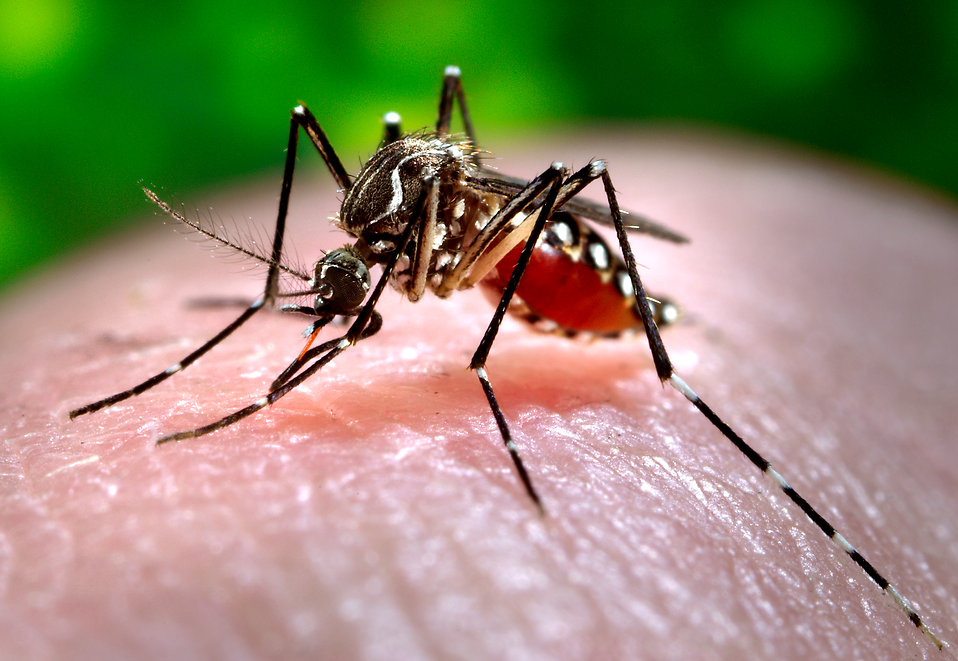WASHINGTON – The term ‘military experiments’ tends to unnerve many people. Whether it’s pioneering Agent Orange in Vietnam, experimenting with LSD, or even creating robot soldiers, one organization has led the way.
A branch of the Department of Defense focusing on developing new military technologies, the Defense Advanced Research Projects Agency (DARPA) functions as the DOD’s venture capitalist unit. It outsources and funds projects that would fit in a sci-fi movie for eventual use in the military.
And now, the Biological Technologies Office (BTO) at DARPA is studying various aspects of the environment in its new experiments and programs.
Formed in February 1958 by President Dwight D. Eisenhower, DARPA was originally created in response to the Soviet launch of Sputnik in 1957. Since then, DARPA has worked on projects including a precursor to modern GPS systems and even claims to have invented the Internet.
Four DARPA BTO programs using nature as inspiration are: OFFSET, APT, Insect Allies, and Ecological Niche Preference Engineering.
OFFSET
Birds, fish, insects, and even humans form groups. In birds, the term is flocking. In fish, it’s schooling; and in insects, it’s swarming.
When a certain density is reached in a given population, individual thought forms one collective conscious. This collective behavior is seen when a flock of birds suddenly changes direction, when a school of fish forms a ball to confuse attacking predators, or when millions of locusts all take flight simultaneously.
DARPA’s OFFSET (Offensive Swarm-Enabled Tactics) Program is studying this collective behavior in attempts to integrate this behavior into a swarm of weaponized drones. Currently, DARPA has enlisted developers to create a game environment that experiments with swarm tactics in a virtual realm.
The developers are tasked with designing an intuitive system that soldiers can use to communicate with and control a swarm of drones using interactive technologies such as voice and gesture recognition and augmented and virtual reality.

An airman at Keesler Air Force Base learns how to pilot a drone for future military operations. (U.S. Air Force/Kimberly Groue)
“With the technologies and tactics to be developed under OFFSET, we anticipate achieving a deeper understanding of how large numbers of increasingly autonomous air and ground robots can be leveraged to benefit urban warfighters,” said DARPA Program Manager Dr. Timothy Chung in a press release.
APT

The APT program is attempting to rewire a plant’s response system to alert satellites of chemical and biological attacks. (DARPA)
DARPA’s APT (Advanced Plant Technologies) Program is attempting to genetically modify certain plants to have them serve as early-warning sensors for certain chemicals, pathogens, radiation and electromagnetic signals.
Many plants already release chemicals into the air to signal other plants, and sometimes insects. The plant releases the chemicals, known as green leaf volatiles, under a variety of circumstances including when it is being consumed. The other plants and insects then respond accordingly.
For example, some plants emit the organic alcohol 3-Hexanol when attacked. Certain species of parasitic wasps find 3-Hexanol particularly enticing and fly to the plant to attack and kill the feeding insects, in effect, protecting the plant.
“Plants are highly attuned to their environments and naturally manifest physiological responses to basic stimuli such as light and temperature, but also in some cases to touch, chemicals, pests, and pathogens,” said Dr. Blake Bextine, the DARPA Program Manager for APT, in a press release.
According to Duke University, the final proposal for research funding of APT is due to DARPA BTO February 21,
Insect Allies

The Insect Allies researchers are trying to get insects to transfer beneficial plant viruses from plant to plant.
Genetically Modified Organisms. Better known as GMO’s, the genetic altering of our food is a controversial subject in today’s society. Those who support organic foods consider GMO’s unnatural and detrimental to human health, while those who produce GMO’s insist that modifying organisms for maximum food production is the only way to provide for the growing population.
DARPA’s Insect Allies program is attempting to use insects to transfer genetic material between mature plants within a single-growing season. Typically, genetically modified plants are altered at the embryonic level. This program is attempting to engineer specific genes, place them within plant viruses, and have insects contract those viruses and spread them from plant to plant.
“Insects eat plants and insects transmit the majority of plant viruses,” said Bextine. “DARPA plans to harness the power of this natural system by engineering genes inside plant viruses that can be transmitted by insects to confer protective traits to the target plants they feed upon.”
To help make this a reality, DARPA awarded a four-year, $10.3 million contract to researchers at Cornell University’s Boyce Thompson Institute, the University of Minnesota, University of California Davis and Iowa State University.
Within its new home, the project was renamed Viruses and Insects as Plant Enhancement Resources, or VIPER.
Ecological Niche Preference Engineering
You can’t grow a pine tree in a desert. Or can you? DARPA’s Ecological Niche Preference Engineering Program is attempting to alter the way organisms interact with their surrounding environment.
Two researchers, Michael Smanski of the University of Minnesota and Andrew Nuss of the University of Nevada, Reno, were awarded the Young Faculty Award by DARPA to fund their research into Ecological Niche Preference Engineering.
Smanski is working on engineering reproductive barriers to accelerate niche differentiation. In translation, he is focusing on destroying the barriers that prevent different species from being able to reproduce with each other. In effect, allowing for the creation of new species that take advantage of their surrounding environment in unprecedented ways.
Nuss is developing strategies to target key mosquito host-seeking factors governing human host preference. In other words, genetically engineering mosquitos to no longer be attracted to humans.

Researchers are studying how organisms react to their surroundings, such as mosquitos and their attraction to human blood.
The focus of each study is to understand the genetic, epigenetic and molecular contributors to niche preference. DARPA stated that the control and altering of niche preference of organisms will lead to reduced economic, health and resource burdens.



